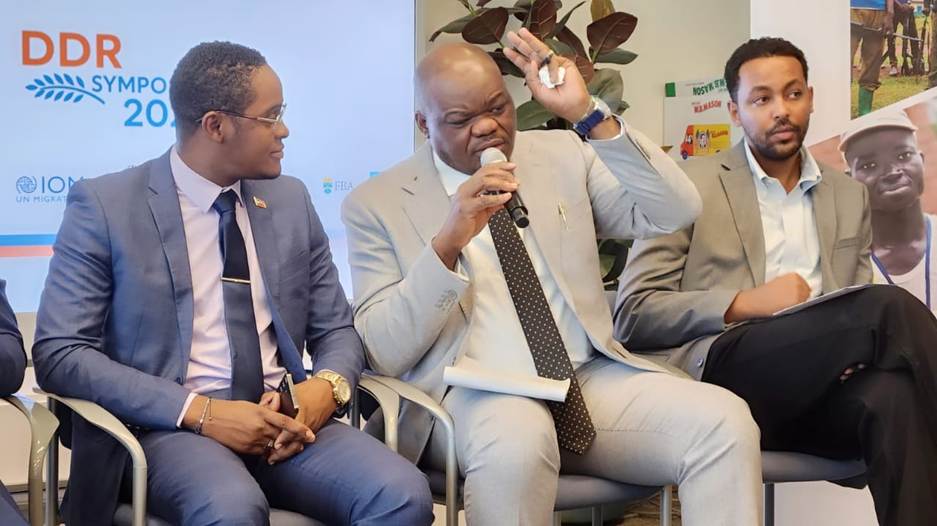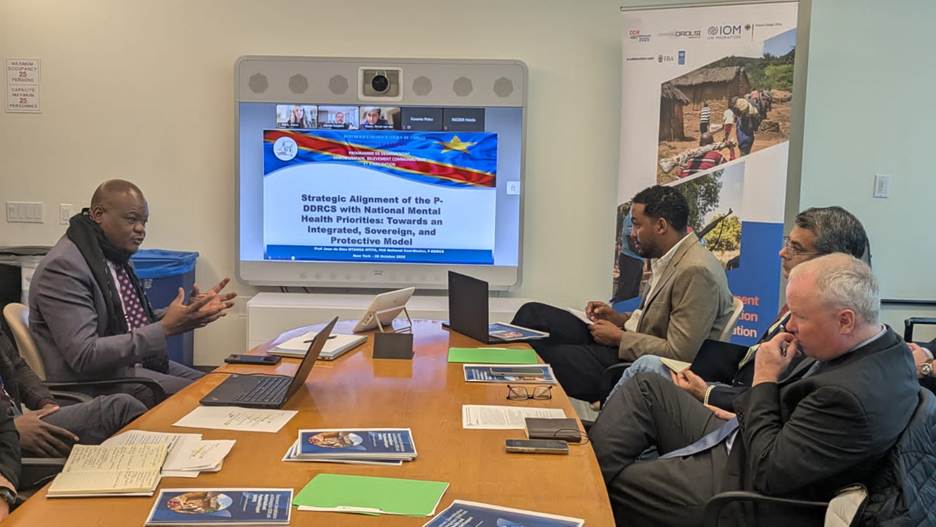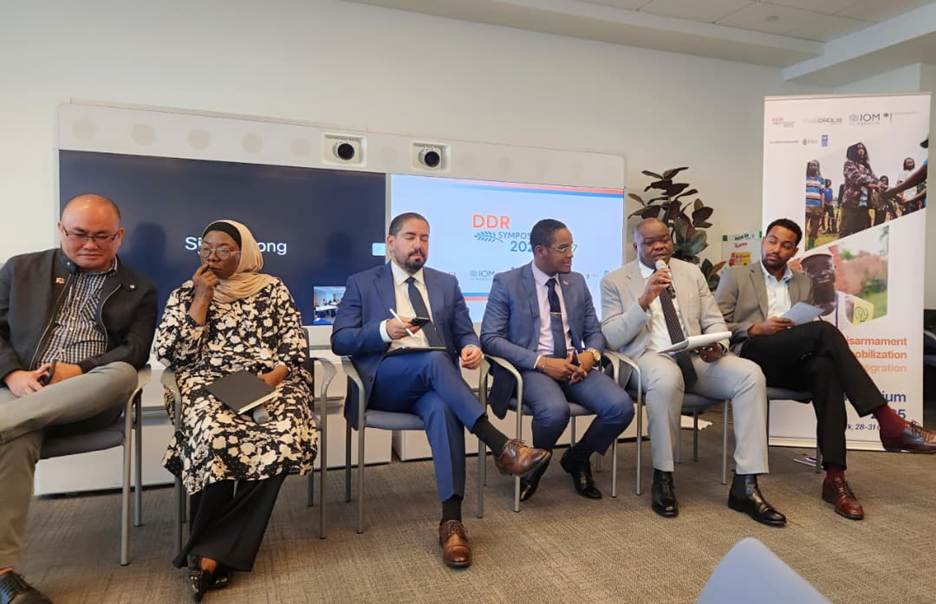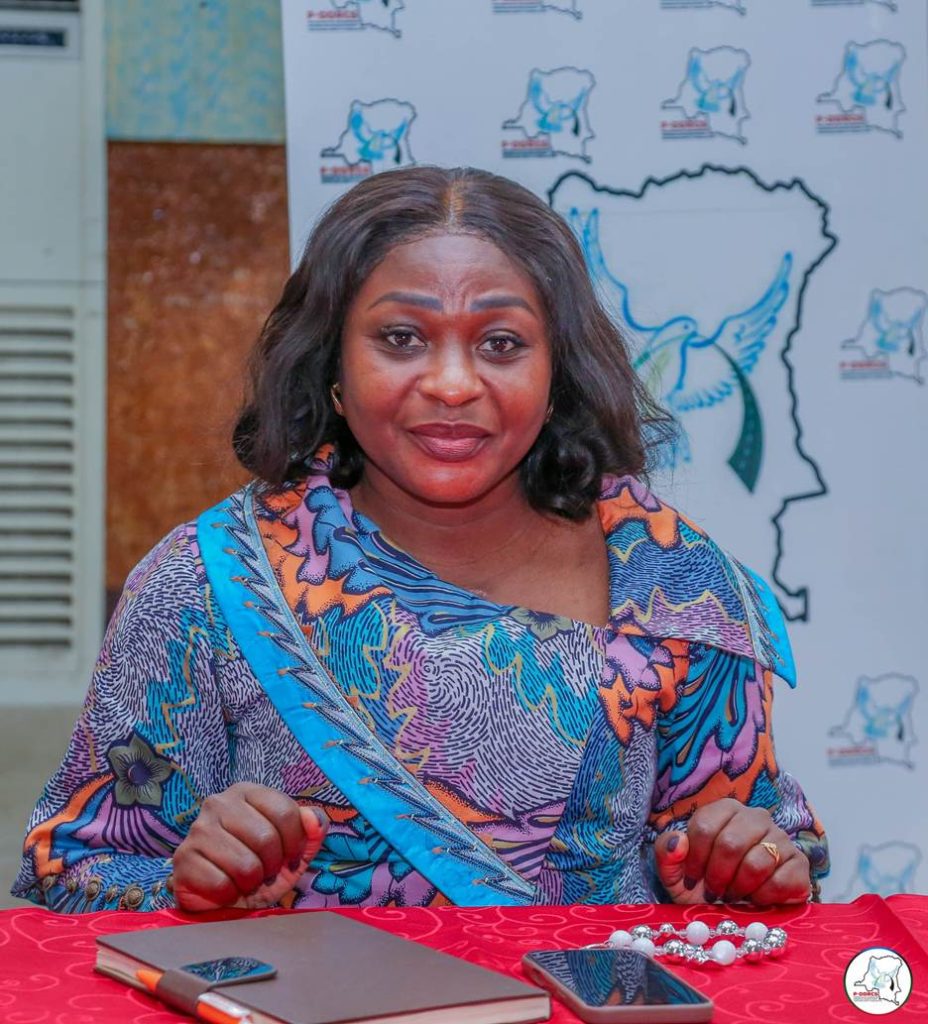THE DEMOCRATIC REPUBLIC OF CONGO REDEFINES DDR STANDARDS: P-DDRCS AS AN AFRICAN MODEL OF SOVEREIGNTY, INNOVATION, AND COMMUNITY LEADERSHIP

United Nations Headquarters, New York – October 28, 2025 — In a global context marked by the reconfiguration of peacebuilding mechanisms, the Democratic Republic of Congo (DRC) has taken a decisive step in its international repositioning. Professor Jean de Dieu Désiré NTANGA NTITA, National Coordinator of the Disarmament, Demobilization, Community Reintegration and Stabilization Program (P-DDRCS), delivered a landmark address at the High-Level DDR Symposium, affirming the DRC’s leadership in sustainable peace, community resilience, and sovereign governance.

Held at the United Nations, this forum provided the DRC with a strategic platform to showcase its reform-driven commitment. Established by Presidential Ordinance No. 21/038 of July 4, 2021, the P-DDRCS was presented as a program firmly aligned with international standards while remaining deeply rooted in local realities. It embodies the vision of the Head of State, His Excellency Félix-Antoine Tshisekedi Tshilombo, who views peace not merely as a security imperative, but as an exercise in sovereignty, inclusion, and human dignity.
The DRC’s approach stands out for its pioneering integration of mental health across all phases of the DDRCS process. The P-DDRCS is now the first national program on the African continent to institutionalize psychosocial support as a foundational pillar of community reintegration. The Memorandum of Understanding signed in August 2025 between the P-DDRCS and the National Mental Health Program (NMHP) reflects this vision. Through this unprecedented inter-institutional cooperation, the Congolese State affirms both its conceptual autonomy and its national healing agenda—pursuing a peace that heals hearts as much as it restores territories.
Diplomatically, the impact of this mission is multifaceted. It restores the credibility of a program once weakened by misperceptions. It elevates a new generation of leadership at the helm of the P-DDRCS—defined by professional excellence, ethical rigor, and reformist vision. It sends a clear message to the international community: DDRCS in the DRC is neither a theoretical construct nor a platform for opportunism, but a sovereign instrument of state-led reconstruction, executed with responsibility and national ownership.
Several bilateral meetings helped reestablish dialogue with the program’s historical partners, reaffirming the DRC’s eligibility for international support. Commitments were outlined to strengthen synergies between the P-DDRCS and major stabilization mechanisms. Concrete outcomes of the mission include the opening of new funding channels, the structuring of academic cooperation frameworks, and the creation of joint technical committees.

Today, the P-DDRCS stands ready to assume a leading role in South-South dynamics, modeling a peace approach grounded in dignity, community engagement, and national anchorage. To technical and financial partners, the DRC issues a clear call: support a reformed, hopeful program—aligned with the Sustainable Development Goals and capable of inspiring 21st-century DDR processes across the Global South. P-DDRCS Communication Uni



